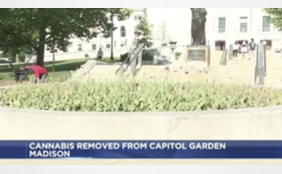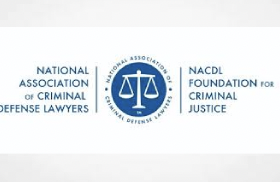Courthouse News
SACRAMENTO, Calif. (CN) — A program outlined in Proposition 64, which legalized recreational marijuana use in 2016 in California, is to give back to those harmed by the War on Drugs. The CalCRG program uses a cannabis excise and cultivation tax to give out $35.5 million in grants to community organizations working with the communities hardest hit by the War on Drugs.
Initiated by President Nixon, the War on Drugs began in the 1970s. In 1994, Nixon’s domestic policy chief was quoted saying, “We knew we couldn’t make it illegal to be either against the war or Black, but by getting the public to associate the hippies with marijuana and Blacks with heroin, and then criminalizing both heavily, we could disrupt those communities. We could arrest their leaders, raid their homes, break up their meetings, and vilify them night after night on the evening news. Did we know we were lying about the drugs? Of course we did.”
The policies and tangent rhetoric led to increasing incarceration of people of color, with African Americans being up to 57 times more likely to be incarcerated than their white counterparts for drug crimes in 2000.
Now, the United CORE Alliance based in Sacramento is using their $450,000 cut of the CalCRG program to help expunge criminal records — primarily of drug charges and create better job opportunities. The grant will cover approximately 500 expungements and help cover the costs of a paralegal and interns.
“The expungement filing fee, California state law allows counties to charge up to $150 expungement filing fee… and that ends up as an impediment on top of the compounding effects of being low income. Having to take off the day of work to go to court, navigate the process to file the expungement, transportation costs, having that day off work making you short on your bills to take care of your family and healthcare, groceries, all that stuff,” said The United CORE Alliance president Khalil Ferguson.
Sacramento charges $120 to file for expungement, which doesn’t clear an entire record. For those with multiple charges, several filings are needed. Some records still include marijuana crimes that weren’t automatically cleared since they took place in the 70s, 80s and 90s — before electronic filing.

















